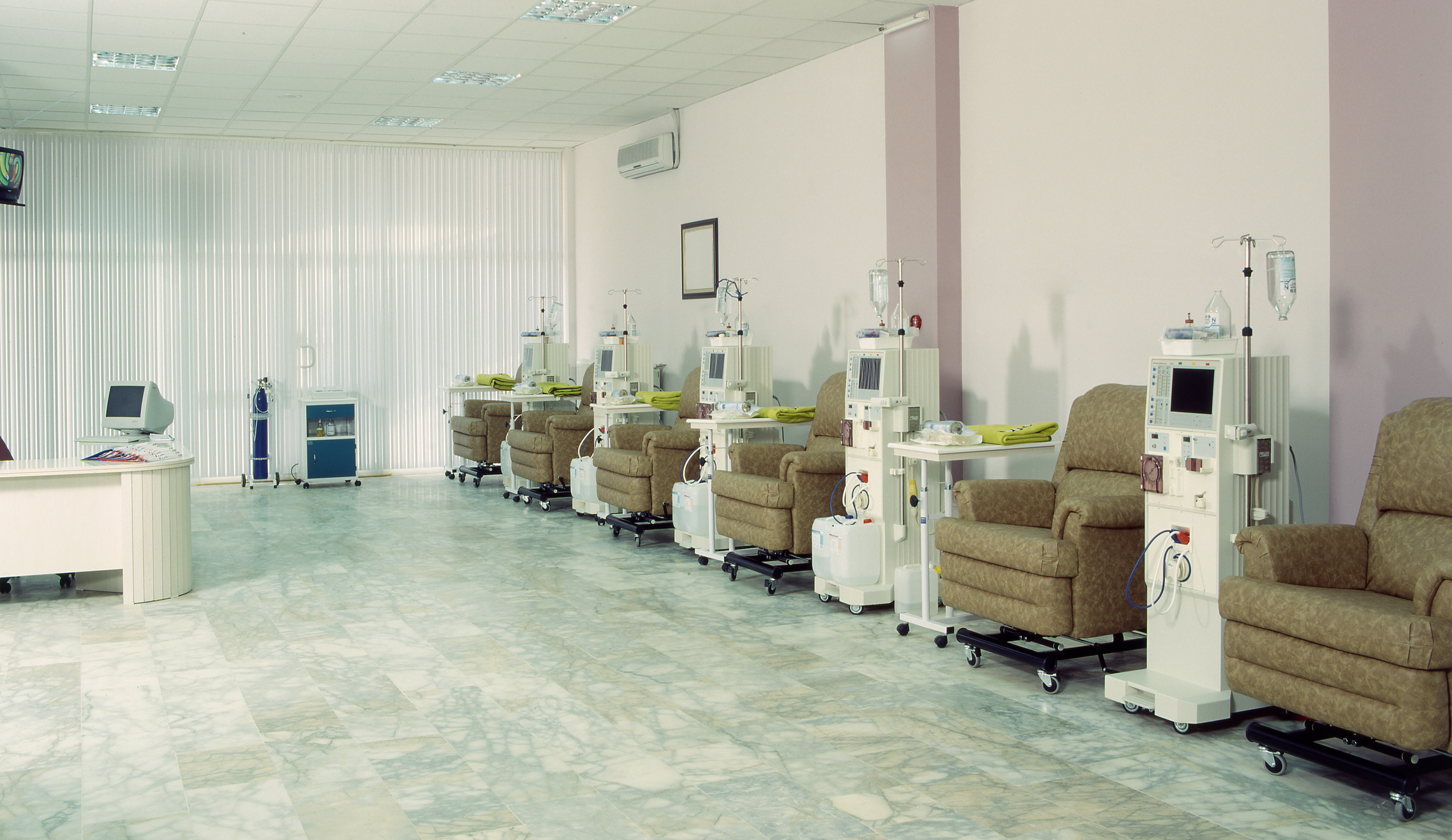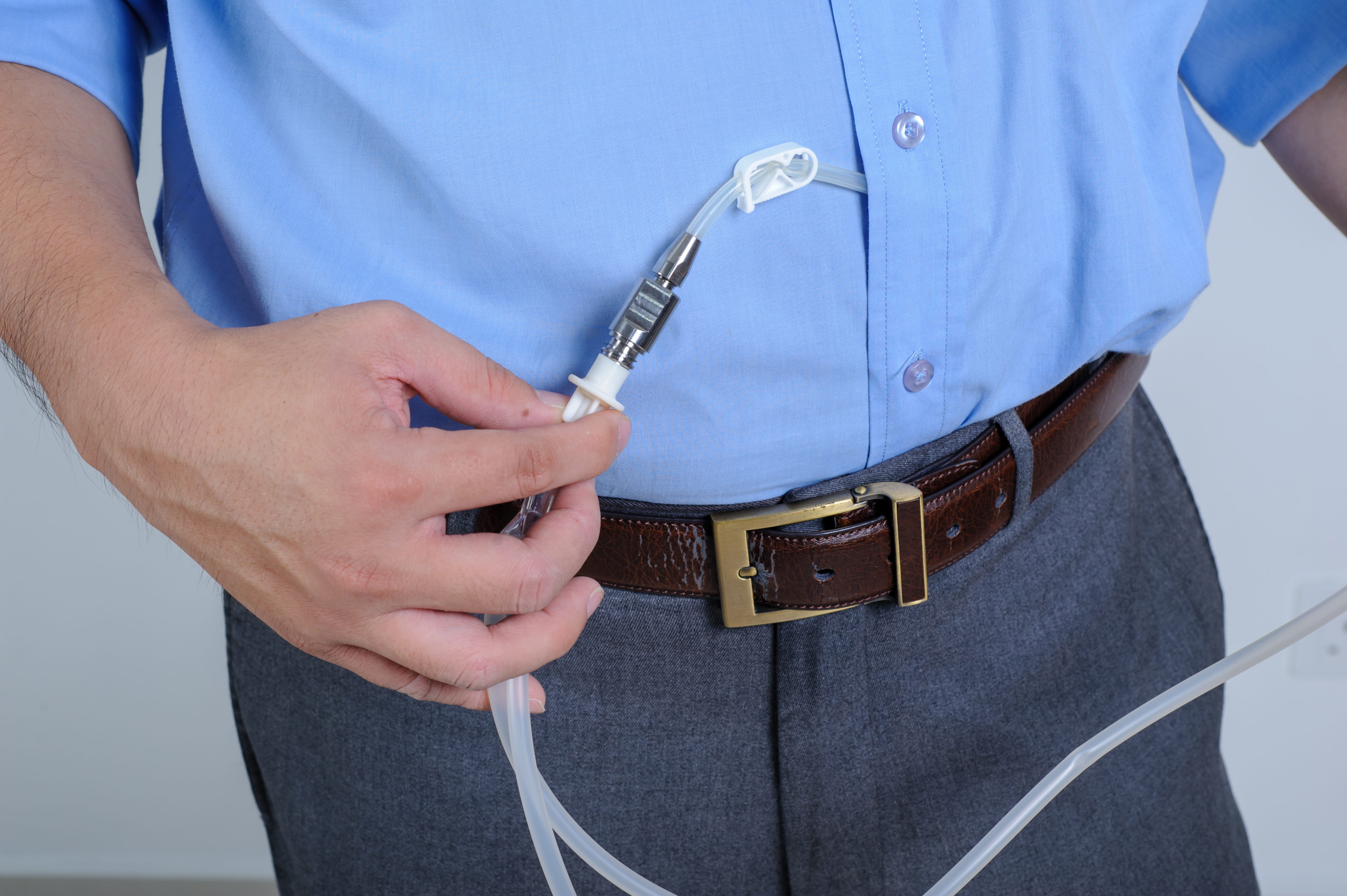New Report Highlights Statistics on Chronic Kidney Disease in the United States
A recent report assessing chronic kidney disease in the United States offers statistics on the condition that affects almost 14 percent of the U.S. population. The data, compiled by researchers at the University of Virginia, focuses on prescriptions used by chronic kidney disease patients with Medicare Part D. “This report is a one-stop shop to try to understand the prevalence of kidney disease, how it’s being treated and how the burden affects various populations,” said researcher Rajesh Balkrishnan of the University of Virginia School of Medicine. “If we can identify which treatment modalities are working and how they’re used and link [...]



